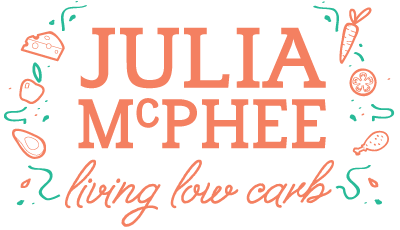

This post is the first of two posts outlining some simple facts that you need to know about the onset of menopause, how this life stage may impact your health, and strategies to manage these symptoms. It’s not all great news but there are ways to manage these symptoms;
1. Definition of menopause
Menopause is defined as the absence of menstruation for 12 consecutive months. This life stage is preceded by peri-menopause, and is characterised by menstrual irregularity, commencing when the menstrual cycle length changes from an established pattern to one less consistent than in previous cycles.
2. Menopause and weight gain
While weight gain per se cannot be attributed to the onset of menopause, hormonal activity at this life stage is associated with an increase in both body fat and central adiposity. It remains unclear, however, as to whether aging is the cause, or whether weight gain in pre-menopausal and menopausal women is due to associated hormonal variations.
3. The impact of abdominal obesity
Women with abdominal obesity (i.e., the accumulation of fat around the abdomen) are known to be at especially high risk of cardiovascular and metabolic disease. This relationship holds true for middle-aged women; with women classified as overweight or obese exhibiting higher rates of metabolic irregularities including hypertension and diabetes, as well as reduced mental health and energy level
4. Declining oestrogen and your changing shape
As oestrogen levels decline in the approach towards menopause, the positioning of lipoprotein lipase (LPL; a water-soluble enzyme responsible for breaking down triglycerides*). LPL is transferred to fat cells, favouring fat storage, rather than fat burning. Additionally the physical positioning within the body (e.g., abdominal region) of LPL is facilitated by oestrogen. The activity of LPL in younger women is higher on cells below the waist, with a repositioning of LPL activity to the cells above the waist coinciding with increasing age, and consequent declining oestrogen levels.
5. Those damned hot flushes!
Declining oestrogen levels are also a contributing factor to well-recognised and undesirable vasomotor symptoms which can occur during the onset of menopause. Furthermore these menopausal symptoms, including hot flushes and night sweats, are known to be increased by the prevalence of obesity.
6. The impact of diet and exercise on menopausal symptoms
Lifestyle and environmental factors are key contributors to individuals’ physiological response to menopause, however there are further factors impacting reversal and/or prevention of menopausal symptoms. While optimal levels of the hormone oestrogen are vital to good health in women, when present in excess quantities, oestrogen appears to have a toxic effect. Sadly it appears that both oestrogen dominance and decreased oestrogen levels characterise resulting menopausal symptoms in a similar manner!
At a time in our lives that we need to be of healthy weight, our hormones are working against us!! Weight loss and positive metabolic health can be compromised at a time in our lives that we will most benefit from it!
It is becoming evident that lifestyle modifications such as a diet low in processed foods and abundant in vegetables can counteract both hormonal imbalance and incidence of typical menopausal symptoms. Weight loss underpins management of metabolic disorders, with even modest weight loss shown to improve central adiposity and insulin resistance. There is no magic bullet for alleviating or avoiding menopausal symptoms however a healthy diet, one which promotes healthy weight status and enhanced well being is a step in the right direction. If you are not already eating a predominantly Low Carb High Fat diet, it might be time to think about it……
* Triglycerides are a type of fat found in your blood and your fat cells. Triglycerides are the main form of fat stored in the body




